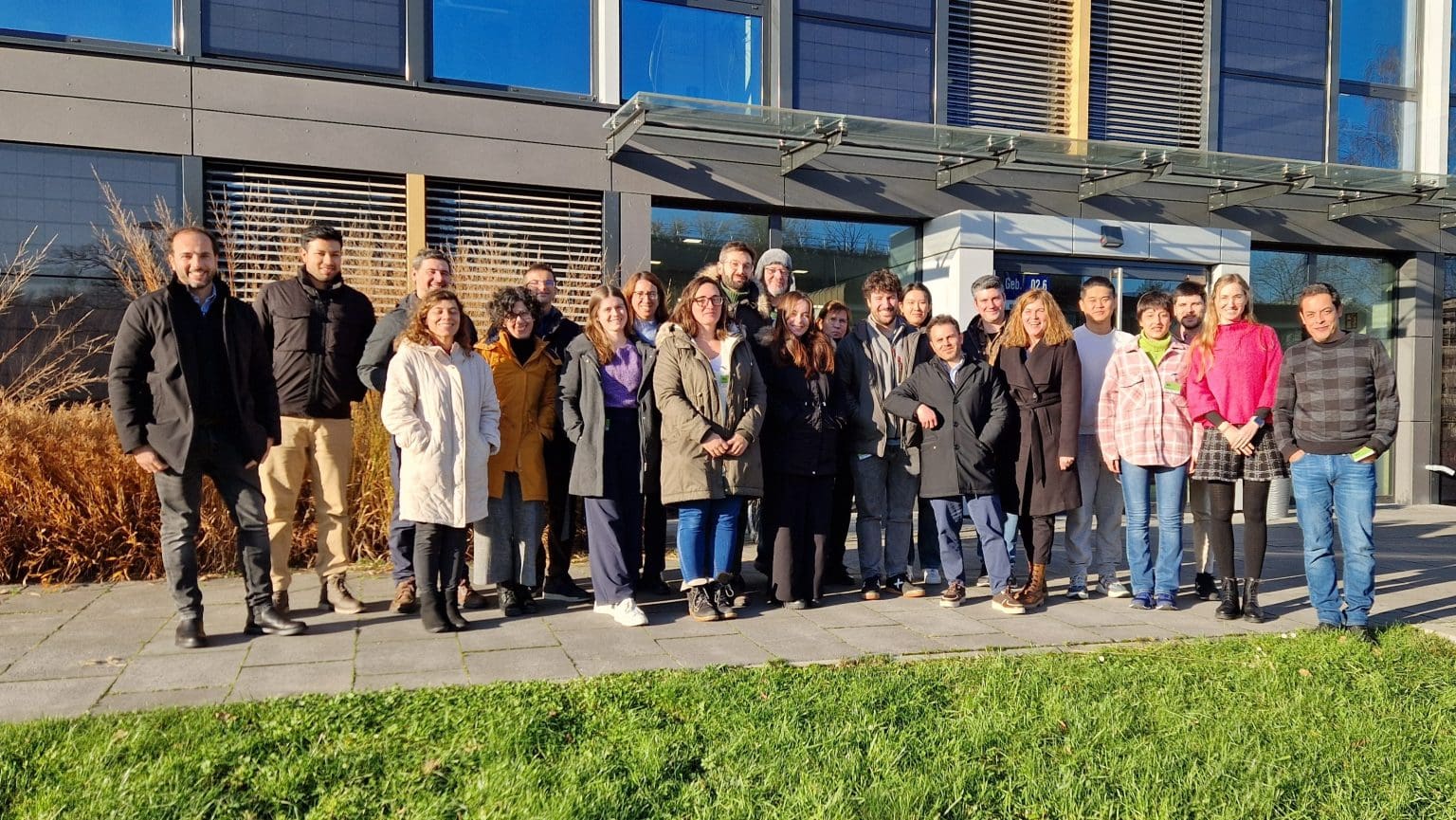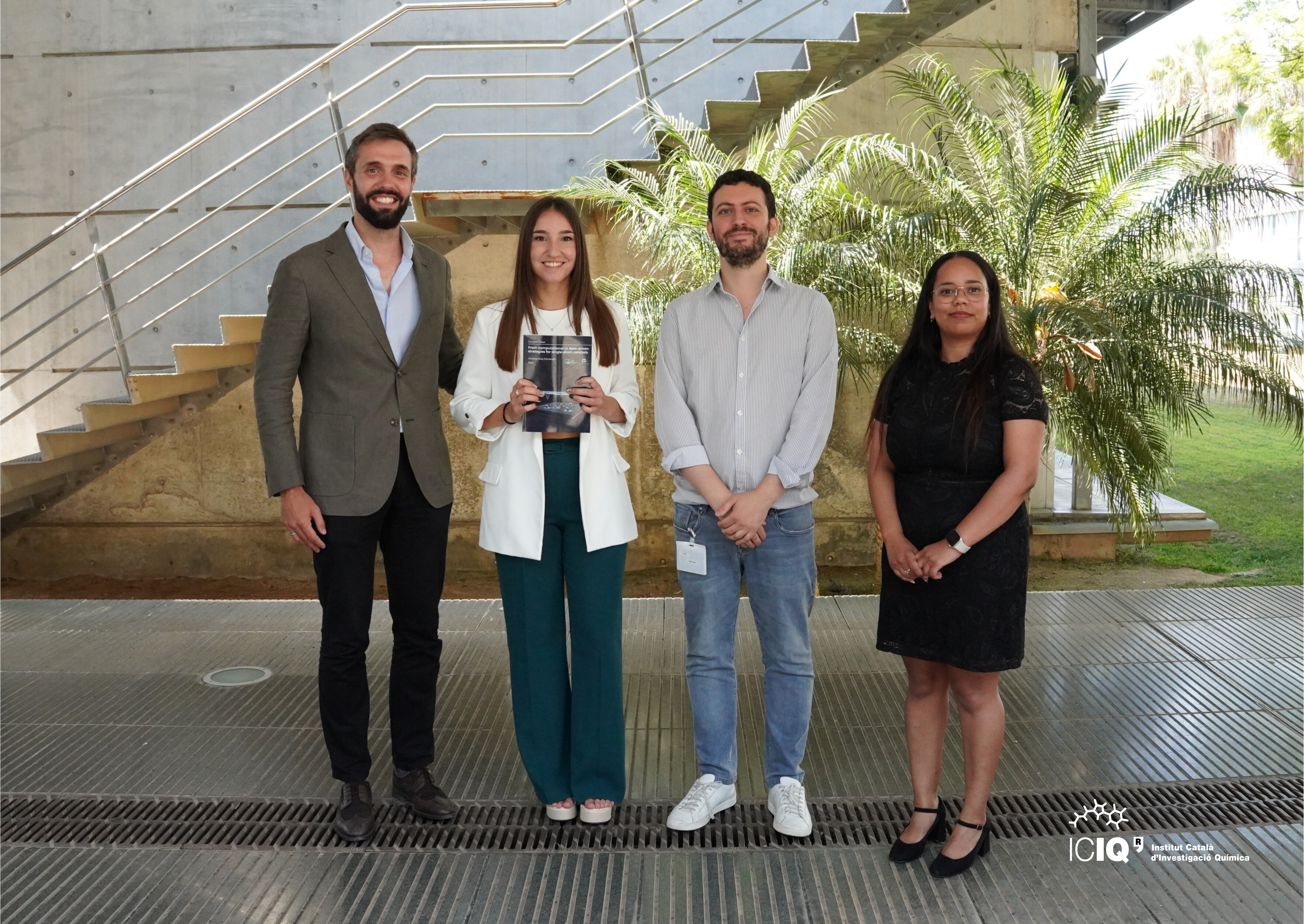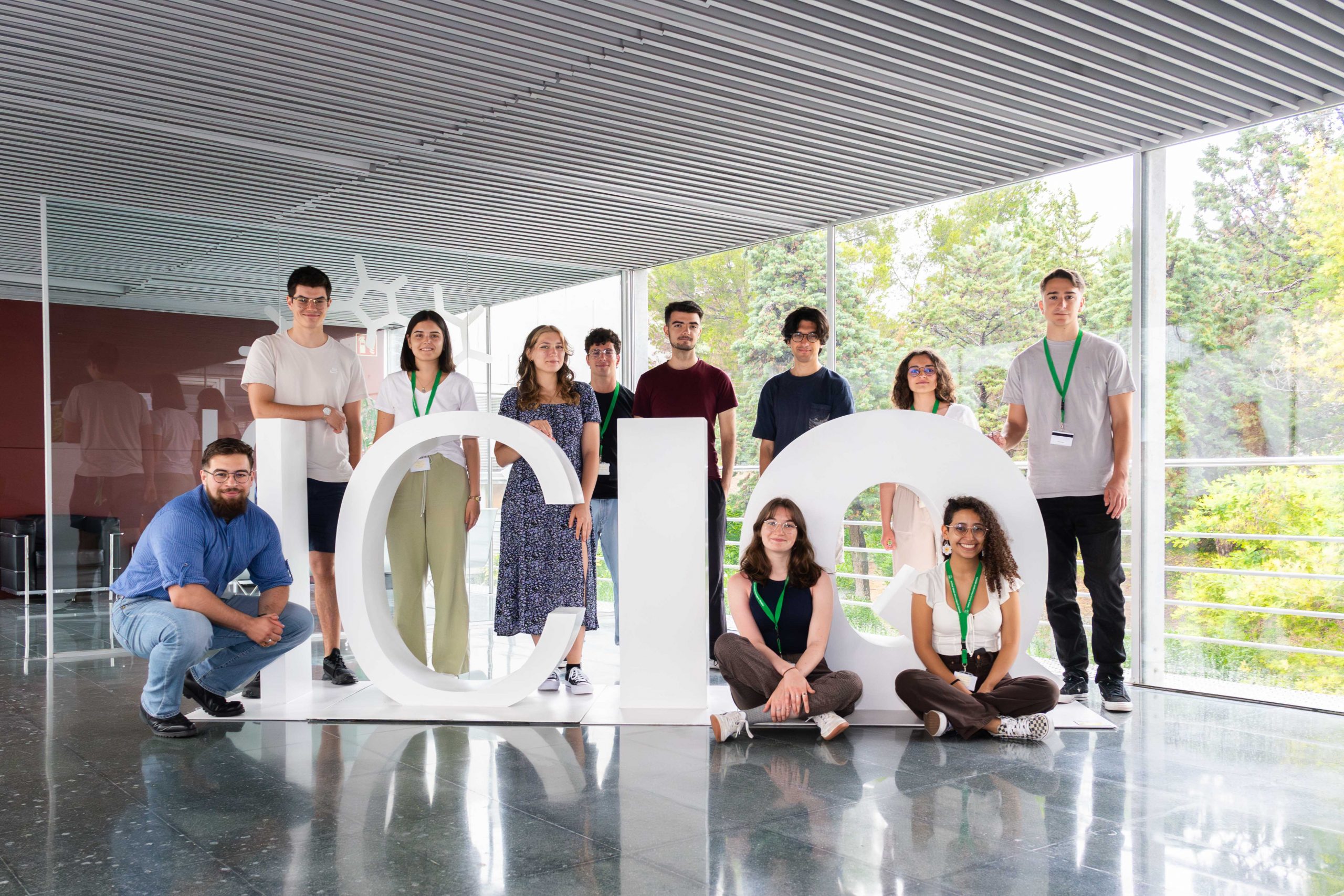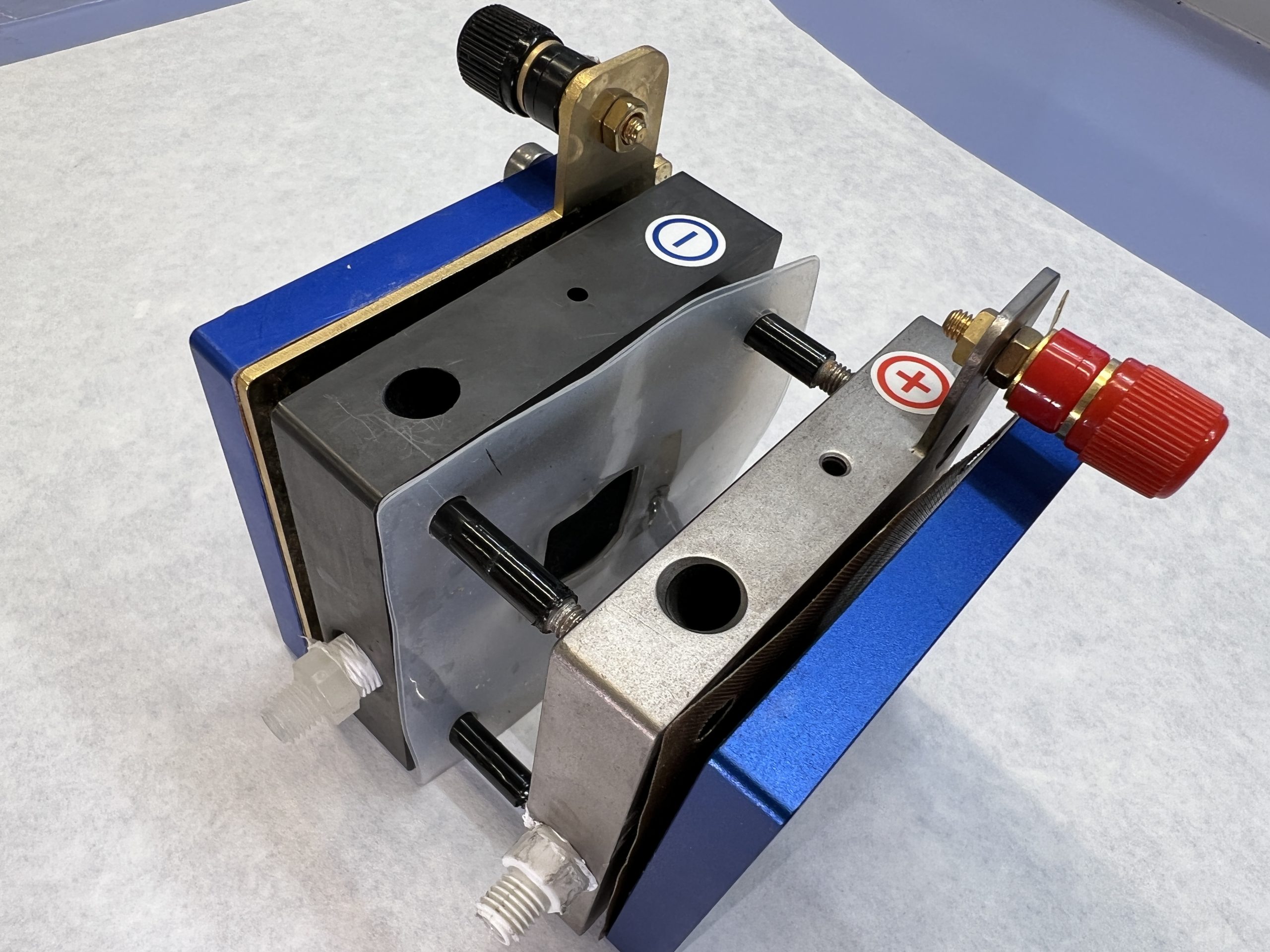Multiscale modelling to improve hydrogen production
6th February 2018 -
Understanding the hydrogen production from alcohol reforming by multiscale modelling
Alcohols and sugars are among the main derivatives of non-edible biomass. The transformation of these molecules into hydrogen or other chemicals by reforming technologies could lead to a more sustainable future. However, hydrogen production from long-chain alcohols has a very complex reaction networks. Even a simple alcohol like ethylene glycol goes through 75 intermediates and 250 different possible reactions. Understanding this mechanism, as well as its behaviour under different operation conditions, is key to develop efficient catalytic processes to produce hydrogen from biomass.
Prof. Núria López’s group did a complete multiscale model on alcohols reforming that just got published in Nature Communications. The models, based on DFT and microkinetics, were computed in MareNostrum, at the Barcelona Supercomputing Centre. Researchers studied the decomposition reaction pathway of ethanol, glycerol, and ethylene glycol on four different metals: palladium, platinum, ruthenium, and earth abundant copper. ‘This means we computed more than 1000 different reactions, we considered almost 3000 elementary steps in this study,’ explains Dr. Qiang Li, one of the authors. ‘We also developed strategies to avoid the formation of catalyst poisons, thus improving the global efficiency of these important processes,’ adds Li.
Dr. Rodrigo García-Muelas highlights how this paper paves the way for new studies in the near future: ‘Not only we published everything in an open access journal, we also made all our calculations openly available in the ioChem-BD database,’ he says. ‘This will give researchers a nice starting point for the analysis of the reaction pathways of longer alcohols,’ he adds. With all the data in hand, chemists could develop fast screening tools and machine learning algorithms to predict the efficiency of new catalysts for hydrogen production. ‘We could discover new metals or alloys with higher activity and selectivity,’ explains García-Muelas. ‘Or we could use our models to scale-up the reforming processes, which could be very practical for the energy industry,’ points out Li.
Microkinetics of alcohol reforming for H2 production from a FAIR density functional theory database
Q. Li, R. García-Muelas, N. López
Nat. Commun., 2018, 9, 526 (DOI: 10.1038/s41467-018-02884-y)
Related news

Let's create a brighter future
Join our team to work with renowned researchers, tackle groundbreaking
projects and contribute to meaningful scientific advancements






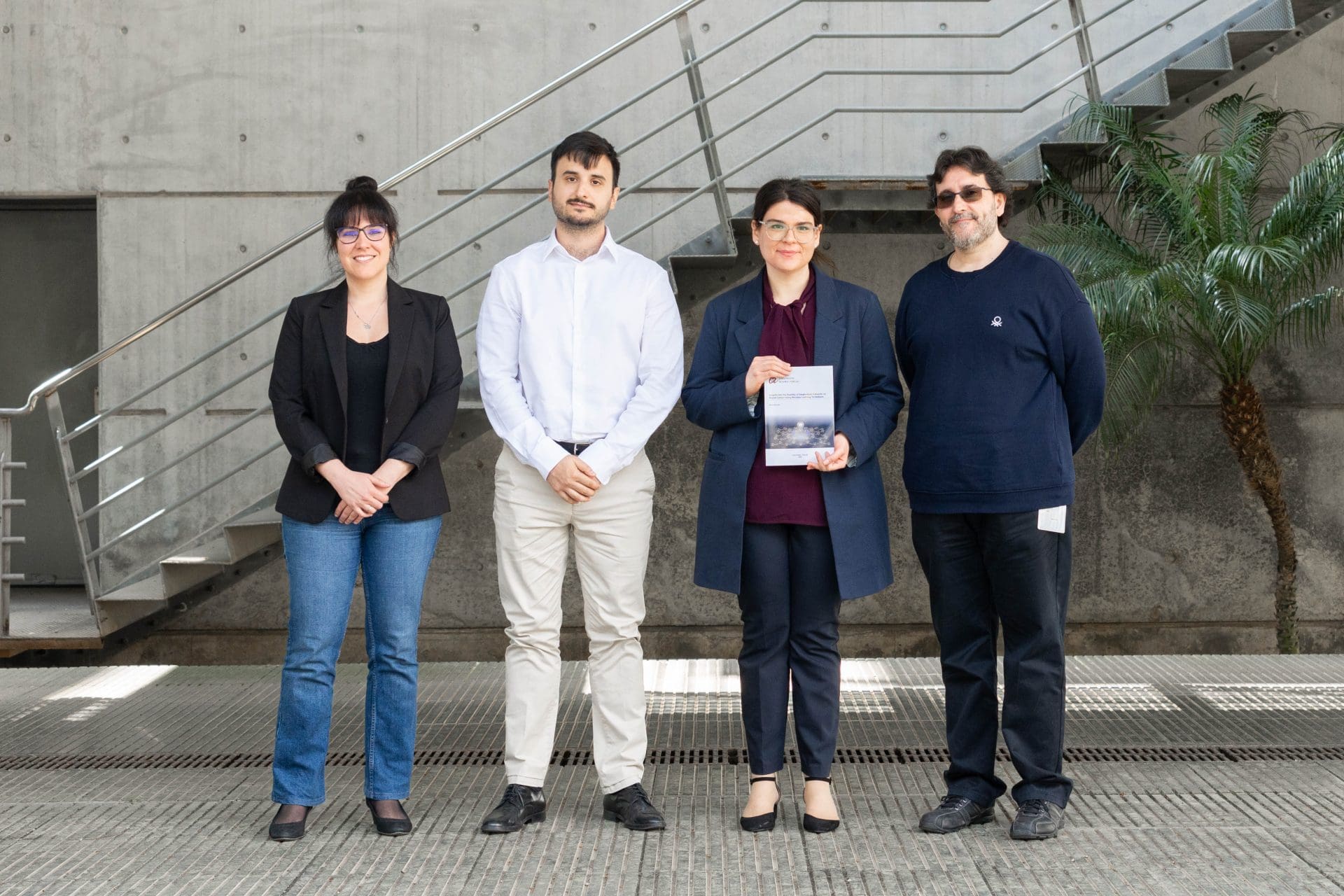
 09-04-2025
09-04-2025 